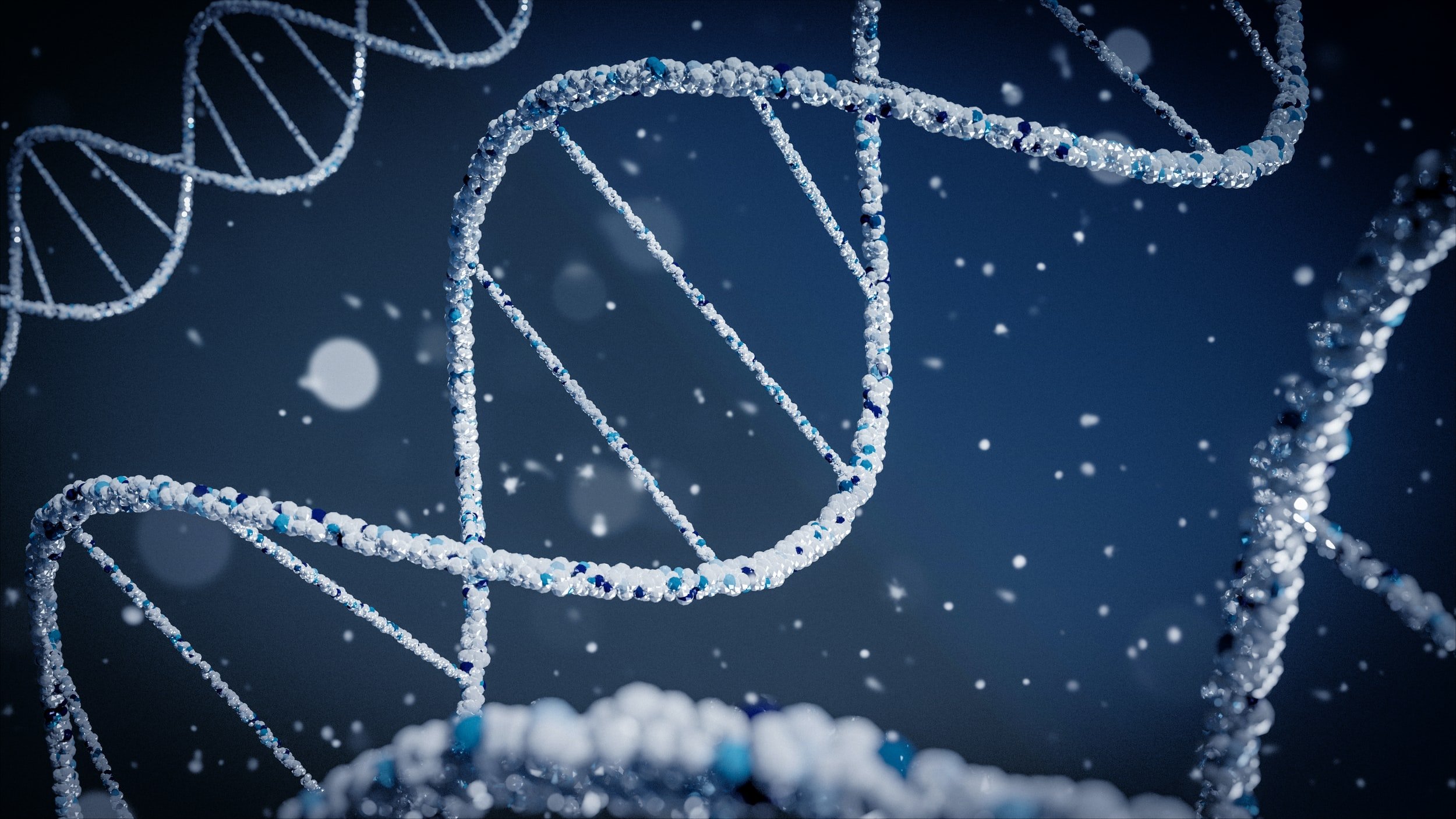Genetic Conditions
Clinical Genetics
Clinical genetics is the medical specialty which provides diagnostic services and genetic counseling for individuals and families with, or at risk of, medical conditions which may have a strong genetic basis.
Genetic disorders can affect any or multiple body systems in any age group.
Genetic evaluation and testing include conditions such as:
Chromosomal abnormalities, which cause birth defects, learning disabilities, behavioral problems, and reproductive problems.
Single gene disorders such as cystic fibrosis, neuromuscular (muscular dystrophy), neurologic (Alzheimer disease, Huntington’s disease) and sickle cell disease.
Multi-factorial, which involve both environmental and multiple genes, such as inherited breast or colorectal cancer and neurofibromatosis. Nutrition and medication (pharmacogenomics) are important environmental (epigenetic) factors in genetic control mechanisms.
Connective Tissue Conditions, which are common. Hereditary Connective Tissue Disorders include Ehlers-Danlos syndrome (EDS is very under-diagnosed), Marfan syndrome, Loeys-Dietz syndrome and an array of other conditions.
Metabolic Conditions such as abnormal newborn screens due to fatty acid oxidation, amino-acid, urea-cycle, carnitine or other metabolic pathway defect.
Mitochondrial disorders are caused by mutations of the mitochondrial DNA (non-nuclear DNA) and/or nuclear DNA (that make products for use in the mitochondrial). These disorders affect multiple body systems, including muscle weakness, heart problems and nervous system problems.
Birth defects have both a genetic and environmental component such as neural tube defects and cleft lip and palate.
Sporadic conditions with known genetic basis, such as kidney, breast, ovarian, gastrointestinal and other cancers.
In the future, as the genetic contributions to common later-onset disorders such as diabetes and coronary heart disease are identified (termed complex-disease genetics), genetic services may be required for those at high risk.
Who Would Benefit?
Persons with questions about predisposition to genetic or familial disorders/diseases.
Couples with fertility problems such as repeated miscarriages.
Individuals concerned about a family history of learning disabilities.
Anyone seeking information and counseling about a genetic or possible genetic condition.
Families of children with birth defects or malformations.
Individuals with known genetic mutations who seek counseling for at risk family members and future generations.
